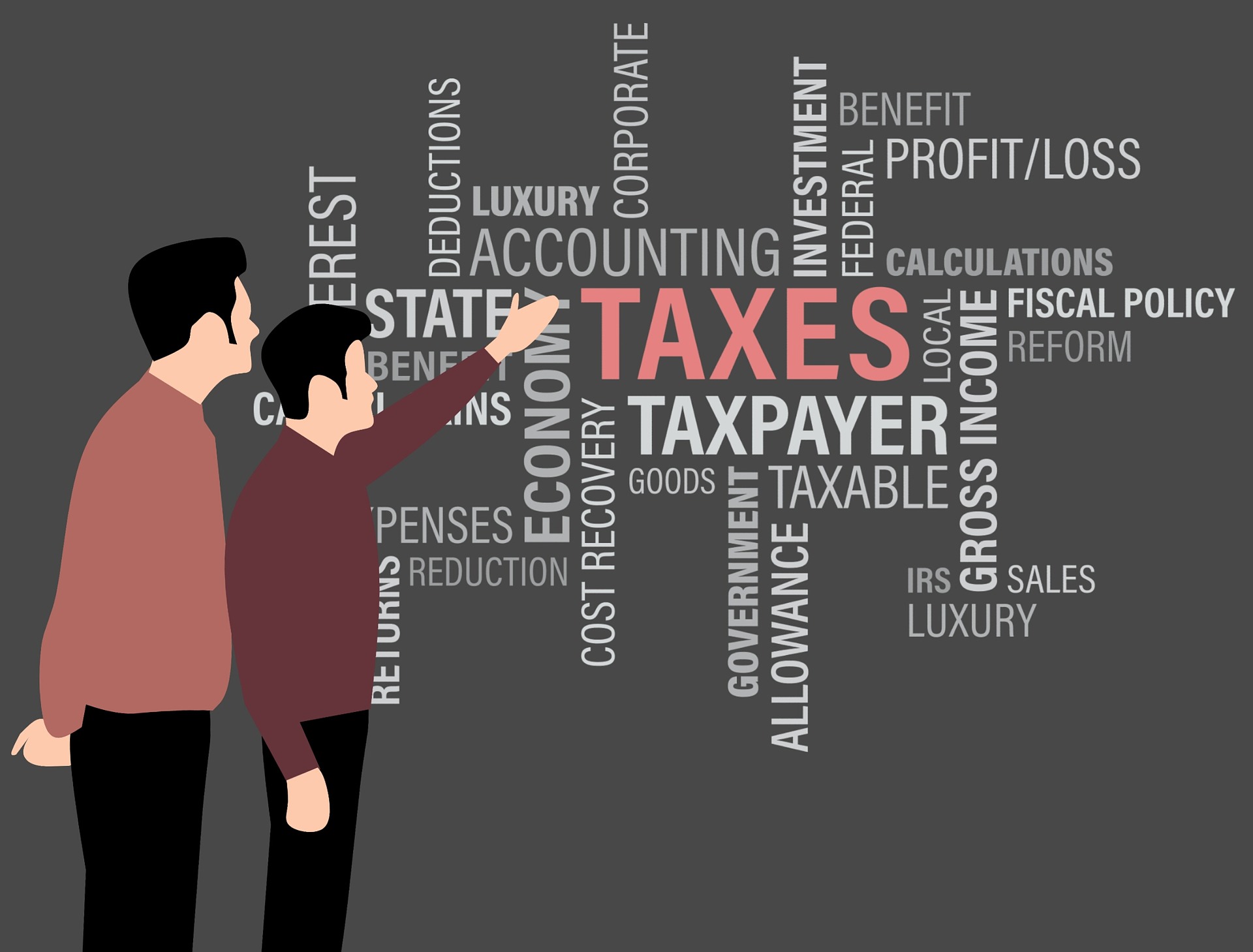AF Accounting is helping Canadians understand the many different benefits and programs the government is rolling out to support citizens during the COVID-19 pandemic. To date we have covered the CERB, the CEBA, the extended tax deadlines, taxation of the CERB, the CECRA and the BCAP. Part 7 explains the Large Employer Emergency Financing Facility (LEEFF).
Please note that at this time (late May) the LEEFF is still in development. This blog will be updated if the scope of the benefit changes after this program is launched.
What is the LEEFF?
While the programs we discussed in segments 1-6 of this series were geared largely towards individuals and small-to-medium enterprises (SMEs), the LEEFF is designed to support Canada’s largest employers. The Government of Canada acknowledges that some large corporations need non-conventional financing in order to keep operating during these unprecedented times. To this end, the LEEFF is designed to provide bridge financing with the “bridge” filling the gap between traditional financing and these extraordinary circumstances.

Who is eligible for the LEEFF?
To be eligible for the LEEFF, the corporation must be large, for-profit (with some exceptions), and have annual revenues of $300 million or more. The corporation must need at least $60 million in financing and not be undergoing any insolvency actions. Additionally, the corporation must have the bulk of its operations and/or workforce in Canada.
Who is not eligible for the LEEFF?
This program is not open to non-profit organizations with the exception of some larger (non-charitable) businesses such as airports. The LEEFF is not available to businesses in the financial sector. Corporations that can weather COVID-19-related revenue loss without outside assistance are also not eligible for this program. Any company convicted of tax evasion is not eligible.
What constitutes a demonstrable need for the LEEFF?
Funds from the LEEFF cannot be used to ward off insolvency or to restructure the business. Applicants must demonstrate that the funds will help them remain active and recover economically in a timely manner.
The application will include proving how the company will retain employees and sustain operations. Successful applicants must agree to respect collective bargaining agreements and employees’ pensions. Strict rules will apply around dividends, share buy-backs, and executive salaries. Applicants can expect very close scrutiny of their local and global operations. Successful applicants must also (in the future) publicly report on their consistency with the requirements of the Financial Stability Board’s Task Force on Climate-related Financial Disclosures and outline how the company will continue to support eco-friendly national initiatives.
Who administers the LEEFF?
Once fully operational, the LEEFF will be administered through Canada Development Investment Corporation (CDEV); Innovation, Science and Economic Development Canada; and the Department of Finance. Details on applications, when available, will be on (or linked) through the Government of Canada’s COVID-19 Economic Response Plan webpage.
AF Accounting can Help
AF Accounting remains updated on the many different programs for businesses and individuals while also remaining focused on the day-to-day bookkeeping and accounting needs of your business. We are a top choice among Canada’s small business community due to our agility to work with companies and e-commerce sellers across the nation with support through a variety of in-person, online, and cloud programs. Whatever your accounting needs, we can help. Contact us today to learn more.











